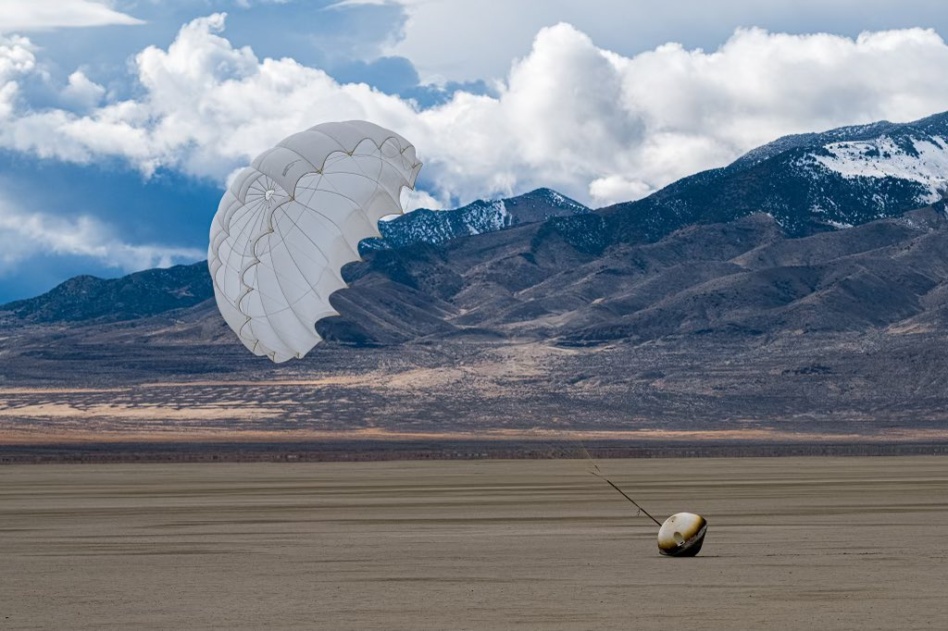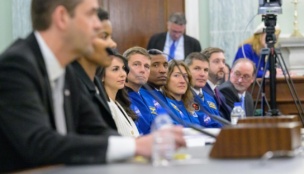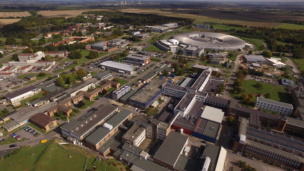What goes up must have a pre-launch reentry license to come down.
The FAA issued a notice yesterday stating that reentry vehicles must secure their license for returning to Earth before the agency will approve a launch.
“Launch of a reentry vehicle without an authorization for reentry would pose safety concerns that are designed to be addressed by the reentry licensing process,” the FAA wrote.
10,000 ways to die: The policy is intended to mitigate the risk to the public, with the agency only approving missions that have a one in ten thousand or less chance of taking out an unsuspecting Earthling. The FAA is also trying to prevent a repeat of the reentry license debacle it recently faced with Varda.
Varda reentry saga: On June 12, Varda launched its first-of-a-kind mini spacecraft factory to orbit with the goal of cooking up pharmaceutical crystals in a zero-g environment and returning them back to Earth aboard its reentry vehicle.
- However, the FAA denied a September reentry license, relegating the capsule to an orbiting holding pattern.
- After months of negotiating, Varda finally secured its reentry license, which the company said was “the first time in our nation’s history that the FAA has granted a Part 450 re-entry license and licensed a commercial entity to land a spacecraft on US soil.”
- Varda’s reentry capsule touched down safely in Utah on Feb. 22.
“Last year, FAA gave Varda formal, written permission to launch W-1 and Varda complied with all requirements in place to do so,” Varda wrote in a statement to Payload. “Once FAA issued a license early this year, our flight-proven reentry system safely and successfully landed at the Utah Test and Training Range. Varda will continue working with FAA and other federal regulators as their policies regarding reentry operations continue to evolve.”
Armed with a fresh $90M raise, the startup is working to launch (and reenter) many more vehicles. The FAA, on the other hand, is looking to avoid another round of negotiating a spacecraft’s landing on Earth while it’s already in orbit.
+ Tsk tsk NASA: It’s not just the commercial sector that has been in reentry news. NASA confirmed earlier this week that a segment of a battery platform stanchion, which was discarded from the ISS three years ago, recently smashed into a Florida house.
This story has been updated to include comment from Varda.




